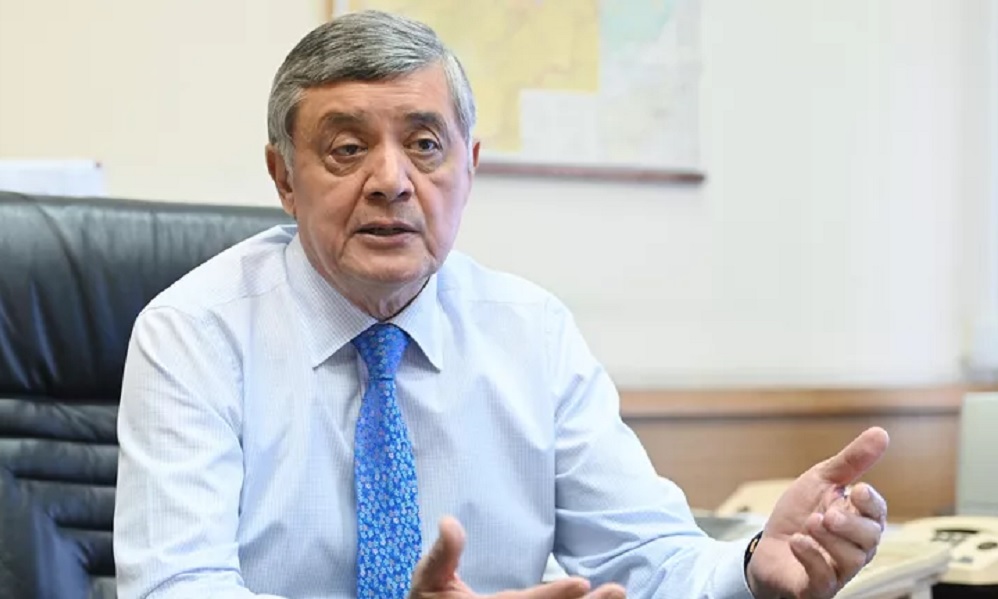By Marilena Panayi
Copyright philenews

Hospitals are failing autistic patients through inadequate care protocols and inappropriate psychiatric referrals, leaving vulnerable families without proper medical support, disability rights advocates warned.
A doctor at a hospital accident and emergency department ordered a father of an autistic child in crisis not to touch his child during treatment, highlighting systemic failures across the healthcare system.
The Cyprus Confederation of Disabled Persons Organisations (KYSOA) says families face constant transfers between hospitals due to lack of specialised protocols and expertise.
KYSOA president Themida Anthopoulou told Phileleftheros that despite political commitments and procedural developments, Cyprus still lacks specialised structures to provide services based on autism patients’ specific needs.
“It is unacceptable that when an autistic child hits themselves, injuring themselves, presenting other serious health problems, cannot sleep, loses weight, shows frequent urination and many other issues, the relevant department at Makarios Hospital refuses admission and we end up having to contact the Presidential Palace, the Health Minister and the State Health Services Organisation administration to admit them,” Anthopoulou said.
Emergency departments reject autism patients despite medical needs
The Adolescent Inpatient Care Department frequently refuses to admit individuals with multiple problems, whilst autistic children and adults are referred to “the most inappropriate place for their case” – Athalassa Psychiatric Hospital – according to KYSOA.
Anthopoulou described the referral of non-verbal autistic children and adults to psychiatric units as neither therapeutic nor crisis management but rather an “inappropriate, harmful and potentially traumatic practice that violates fundamental scientific and ethical principles as well as the state’s legal obligations”.
The psychiatric environment is intensely sensory-loaded, posing serious risk of crisis escalation for autistic individuals, she explained.
The disability rights leader referenced the case of Yiannis Lambitsis, a young autistic transplant recipient and non-verbal communication who died whilst being transferred fever-stricken between emergency departments without substantial care consideration.
Despite family efforts, inadequate care within the system led to tragic consequences.
Psychiatric hospital referrals deemed inappropriate for autism cases
In another incident, a young person with a severe disability remained for hours at a health insurance system facility lacking capacity to handle his rapidly deteriorating condition, as Nicosia General Hospital initially refused admission.
Only after KYSOA intervention was the patient finally transferred when already in extremely critical condition requiring intubation.
Recent experience shows procedure implementation often remains bureaucratic without considering individualised needs of patients with disabilities, Anthopoulou said.
An autistic child with high needs previously hospitalised at the adolescent unit was forced to wait nearly two hours outside emergency services before admission. When finally placed in accident and emergency, doctors could not even perform simple blood tests.
In another case, an emergency department doctor demanded a parent not allow their hyperactive child to touch them during examination, despite this behaviour being part of the child’s autism.
The child spent hours outside the emergency department without receiving basic care required by their condition.
Disability rights group calls for immediate healthcare reforms
Despite acknowledging the Health Minister’s political will, Anthopoulou highlighted delays in implementing solutions. KYSOA’s proposal for establishing a committee addressing disability issues was accepted, with the committee meeting once, but necessary inpatient care spaces for autism patients remain uncreated.
“We heard about study preparation, but referral to studies leads to the Greek kalends,” she emphasised, noting Cyprus managed to establish coronavirus management units under unprecedented conditions within short timeframes.
“We need solutions yesterday, not endless studies and words we have grown tired of hearing. I know we annoy many because we expose gaps and omissions. But this is our mission and we will not stop,” she added.
The confederation notes the most vulnerable among vulnerable citizens remain inadequately covered, with decades-old pathologies dangerously accumulated, leaving the most vulnerable citizens exposed and at risk even during basic healthcare procedures.



